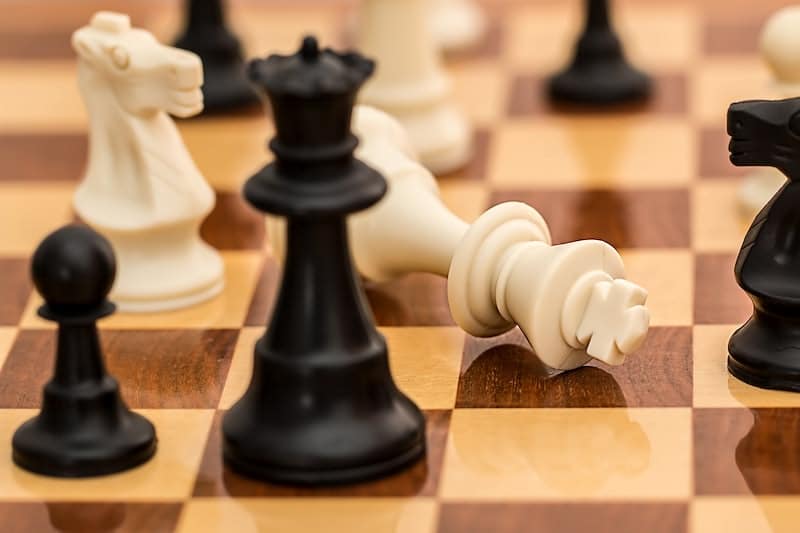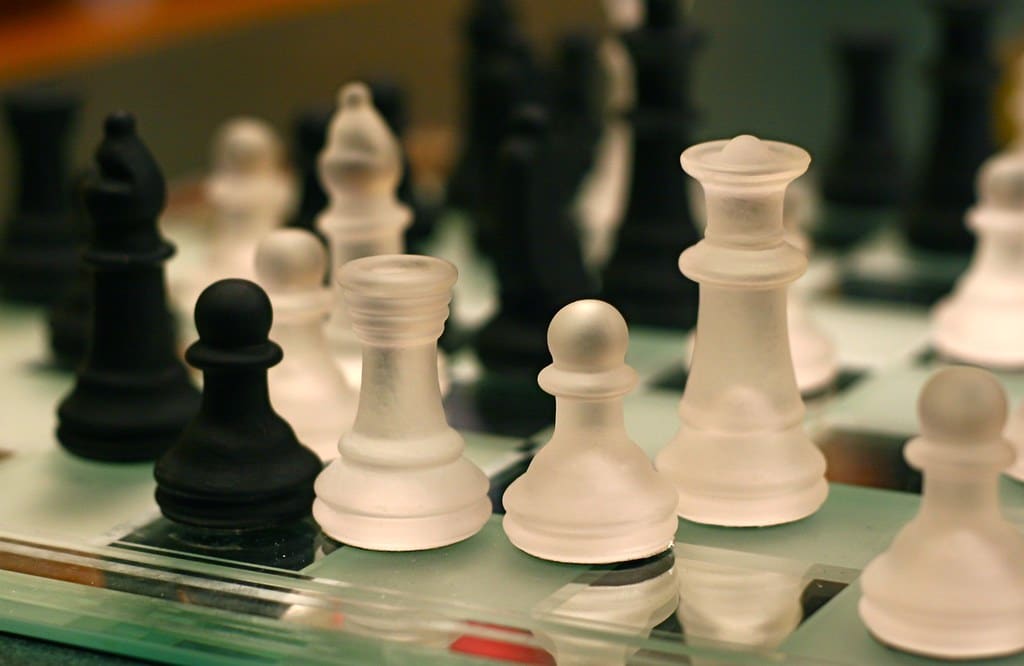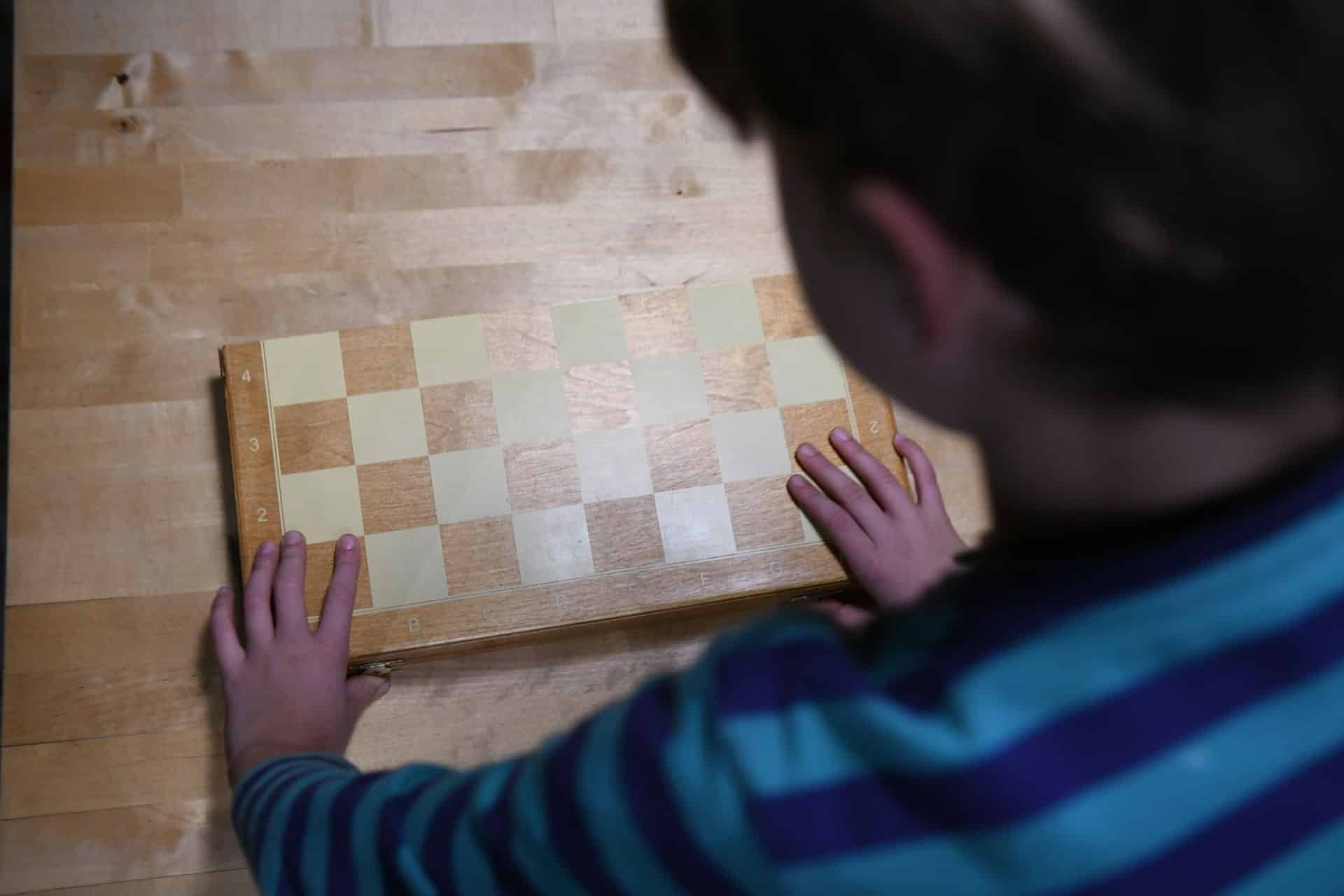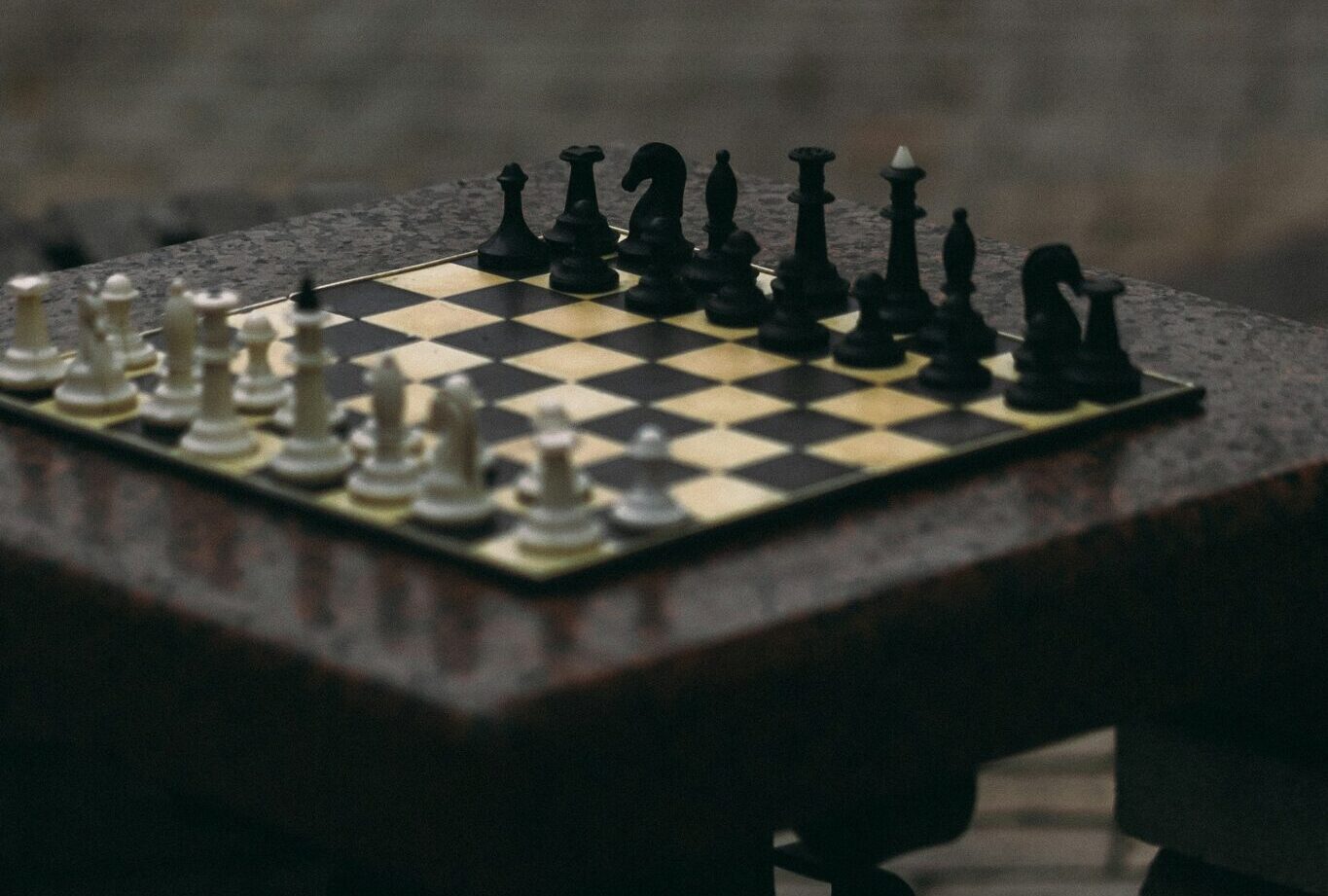Chess is a strategic board game for two players, played on a square board with 64 squares arranged in an eight-by-eight grid. It is one of the world's most popular games, played by millions of people worldwide at home, in clubs, online, by correspondence, and in tournaments. Here are some tips to help you learn chess quickly and easily:
- Start with the basics: Learn the names and movements of the pieces, the chessboard setup and the rules of the game.
- Play with friends: Practice playing with friends or family, or join an online chess club to get feedback and advice from experienced players.
- Play against the computer: Use one of the many free online chess programs or apps to play against a computer and get used to the game.
- Watch professional games: Watch real-life games played by professional chess players and study the strategies used in them.
These tips will help you quickly and easily learn the fundamentals of chess and start playing the game. Read on to learn more about how to learn chess.
Chess is a two-player strategy board game played on a checkered board with 64 squares arranged in an 8×8 grid. The game is played by millions of people worldwide. The objective of the game is to checkmate the opponent's king, whereby the king is under immediate attack and there is no way to remove or defend it from attack on the next move. To win the game, players must demonstrate strong tactics and strategy in order to outwit their opponent.
To learn chess, players must become familiar with the pieces and their movements. Each piece has its own movement pattern, and must be maneuvered in such a way that it threatens the opponent's pieces while protecting one's own. Additionally, players must learn to develop and execute strategies, such as controlling the center of the board, forking pieces, and setting up checkmates.

Novice players should begin by playing against computer programs or friends. As they progress, they should seek out more challenging opponents, such as joining a club or playing in tournaments. There are also a wealth of books, websites, and videos dedicated to teaching chess, which can help players become more adept at the game.
Table of Contents
How can I learn chess by myself?
Chess is a great game for learning problem solving, logical thinking and strategy. To learn chess by yourself, start with the basics: understand the board and the pieces, their movements and how the game ends. You can look for tutorials online, watch videos or read books about chess. Practice is the key; play against yourself or use an online simulator. You can also challenge friends and family or join an online chess community. Analyzing your own games and studying the games of Grandmasters can help you improve your skills. As you progress, try different tactics and strategies, and don’t forget to review the rules regularly.
If you want to practice more, set aside a specific time each day and play a game. Try to complete a game in the allotted time, even if you can’t finish it. This way, you will get familiar with the game’s flow and be able to think ahead. Another option is to solve chess puzzles. This will help you to practice specific moves and tactics. Lastly, you can join online tournaments or take a class with a chess teacher.

Does chess raise your IQ? Learn Chess now.
Chess is a game known to be quite challenging and intellectually stimulating. It has been said to help raise IQ levels, but is this actually true? Studies have shown that chess does indeed help improve cognitive abilities, especially in areas such as problem-solving and abstract reasoning. Playing chess on a regular basis can help increase a person's IQ, but this is not always the case. It largely depends on the individual's ability to learn and adapt to the game.
Chess has been linked to numerous other benefits too. It can help improve memory and concentration, and can increase a person's ability to plan and strategize. Furthermore, it develops analytical thinking skills and encourages people to look at problems from different angles.
In conclusion, while chess may not be the only factor in raising IQ, it has been shown to be beneficial in terms of cognitive development. It can help improve problem-solving and abstract reasoning skills, as well as memory, concentration and analytical thinking. Chess is an enjoyable game that can help boost IQ levels, but it is important to remember that individual results may vary.
What is the best way to learn chess?
Chess is a game of strategy and quick thinking. It is important to understand the pieces and their moves, how to employ tactics, and how to think several moves ahead. The best way to learn chess is to practice, practice, practice. It is important to use a chess set and play against a human opponent.
Playing against a computer can help, but it is not as effective as playing against a real person. A good teacher is also important, as they can offer guidance and explain concepts in detail.
To learn chess it is also important to study classic games and understand important strategies. Finally, it is important to take part in tournaments, as this helps to build confidence and hone skills.
What are the 5 rules of chess?
Chess is a classic game that has been around for centuries. The rules of the game are quite simple, but there are also some complexities in the way you play it. The following are the five basic rules of chess:
- Set up the board: Place the board on a flat surface, with the light-colored square in the lower right-hand corner. Place all the pieces on their respective squares.
- Learn the moves: Each piece has its own unique way of moving. The pawns can only move one square at a time, while the queen can move any number of unblocked squares in any direction.
- Capture pieces: Players must capture their opponent's pieces by either landing on the square they occupy or by attacking with a piece.
- Check and checkmate: Check occurs when the king is put in a situation where it could be captured. Checkmate happens when the king is in check and cannot escape.
- End the game: The game can end in two ways: either a player resigns or a player is checkmated. The player who checkmates their opponent wins the game.
These are the five basic rules of chess. Learning these rules is the first step in becoming a good chess player. With practice and dedication, you can become a master at chess
Learn chess is an engaging and rewarding experience
– It helps to build strategic and analytical thinking
– It develops your ability to plan ahead and to make wise decisions
– It is a great way to socialize and to develop friendships
– It is a game that can be enjoyed by people of all ages
– It can help to sharpen the mind and to increase creativity
– It is never too late to start learn chess!
If you liked this post about Learn Chess you should read about New Top 10 Chess Players.






